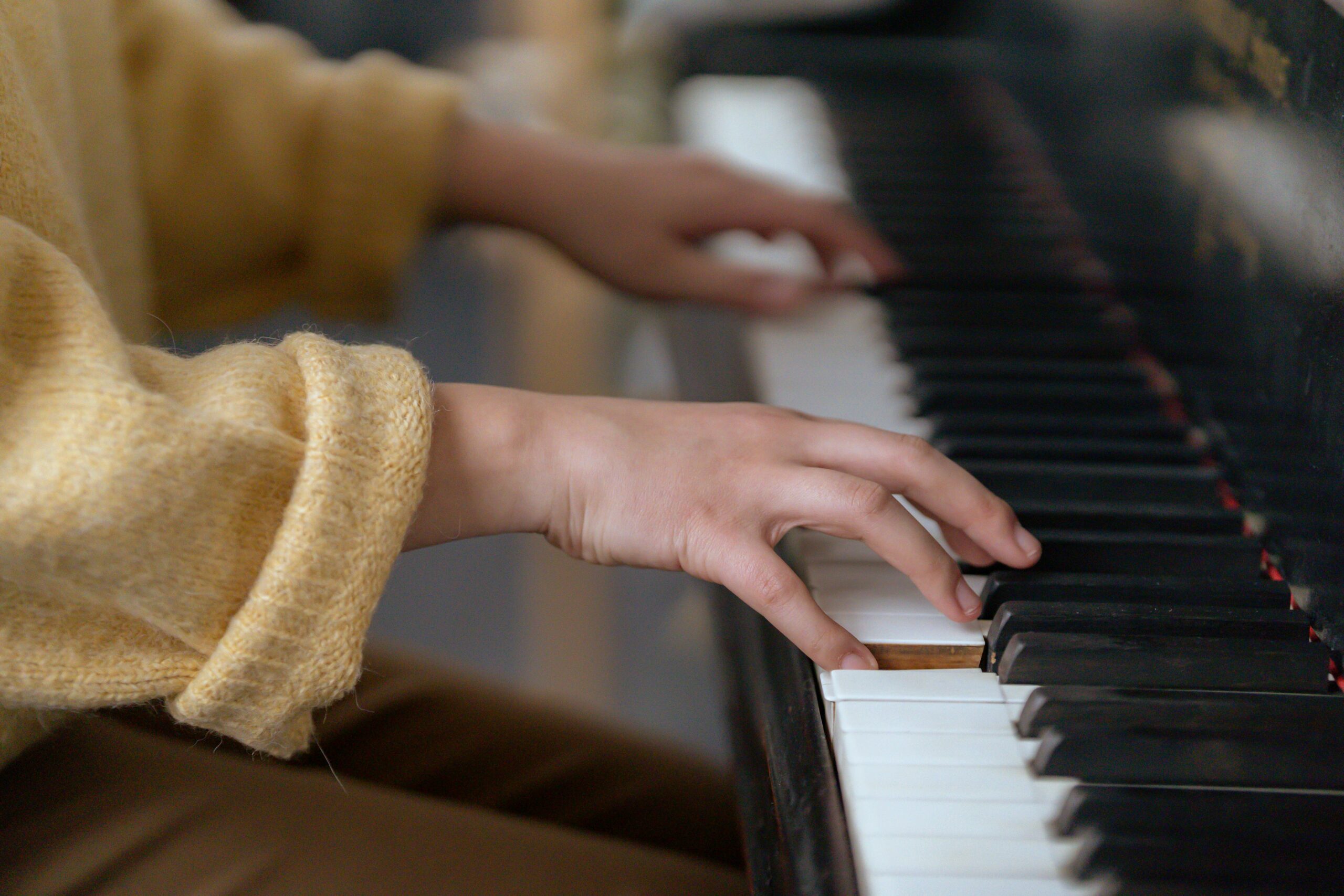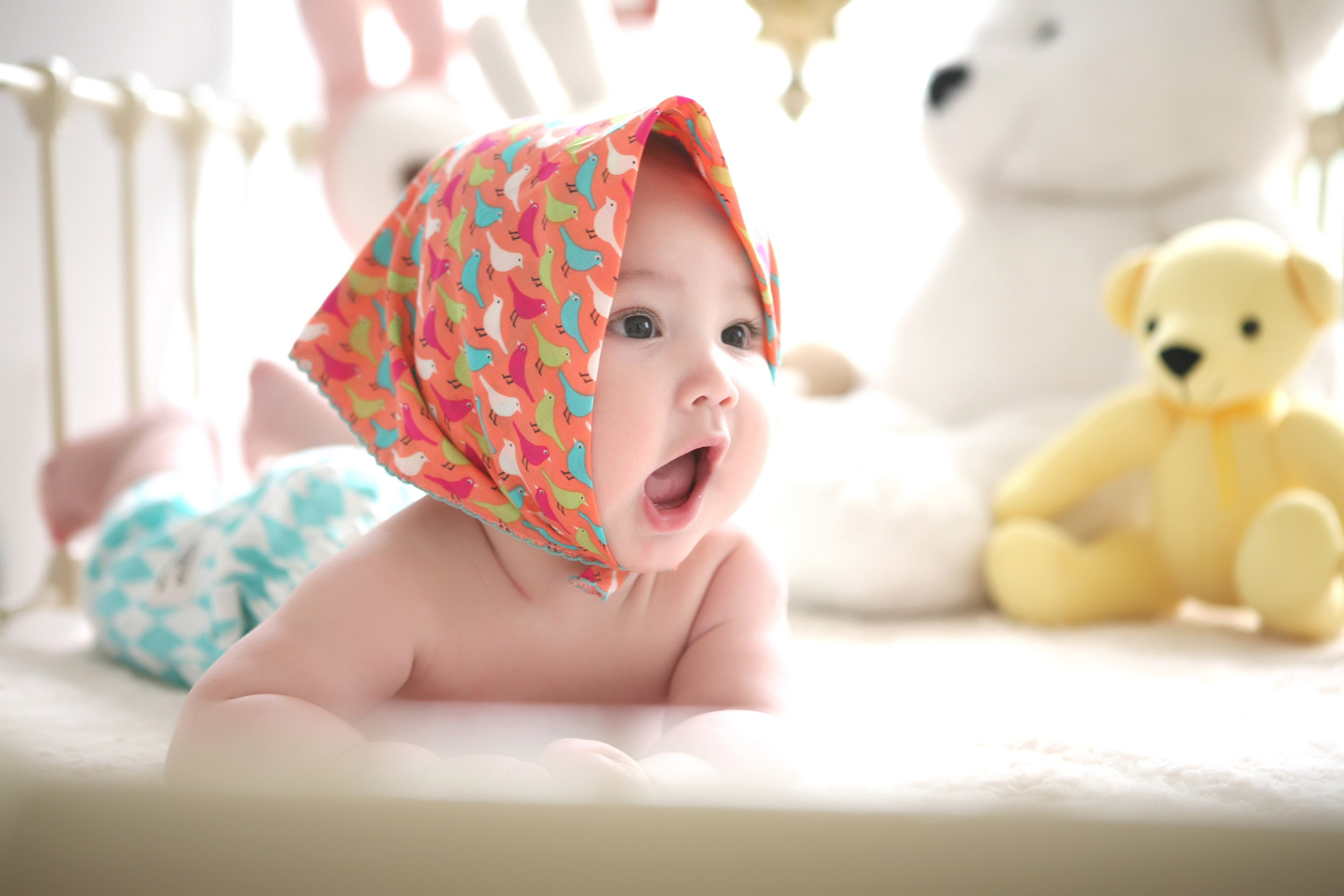When speaking to your little one it can be hard not to revert to an exaggerated, sing-song tone. According to a study by UCLA’s Language Acquisition Lab, babies prefer baby talk whether they are learning one language or two. In fact, babies tend to pay better attention to baby talk than regular speech regardless of which languages they are accustomed to hearing.
“Crucially for parents, we found that development of learning and attention is similar in infants, whether they’re learning one or two languages,” said Megha Sundara, a UCLA linguistics professor and director of the Language Acquisition Lab. “And, of course, learning a language earlier helps you learn it better, so bilingualism is a win-win.”
Led by Krista Byers-Heinlein, a psychology professor at Concordia University in Montreal, the study involved 17 labs in the United States, Canada, Europe, Australia and Singapore. Researchers observed 333 bilingual babies and 384 monolingual babies, ranging in age from 6 to 9 months and 12 to 15 months. UCLA’s lab was the only one to provide data on bilingual babies who grew up hearing both English and Spanish. Sundara and Victoria Mateu, a UCLA assistant professor of Spanish and Portuguese, observed babies who were 12 to 15 months old.
During testing each baby was held on their parent’s lap while recordings of an English-speaking mother, using either infant-directed speech or adult-directed speech, played from speakers on the left or the right. Computer tracking measured how long each baby looked in the direction of each sound.
“The longer they looked, the stronger their preference,” Mateu said. “Babies tend to pay more attention to the exaggerated sounds of infant-directed speech.”
“Baby talk has a slower rate of speech across all languages, with more variable pitch, and it’s more animated and happy,” Sundarasaid. “It varies mainly in how exaggerated it is.”
Now you can rest assured knowing you can babble to your baby in one language or two without causing any confusion.








